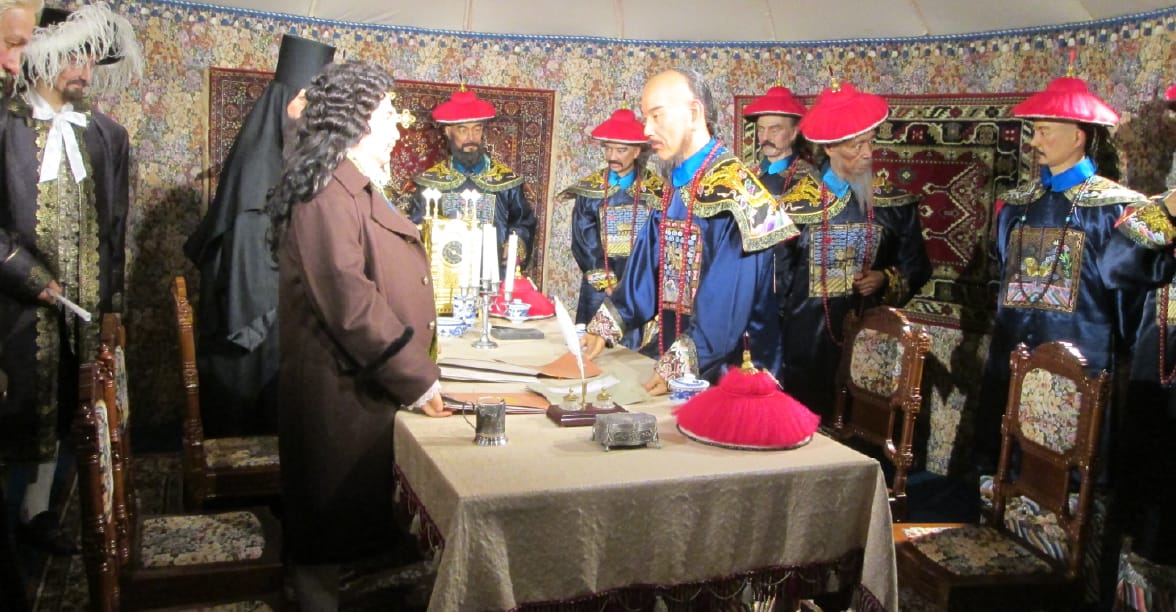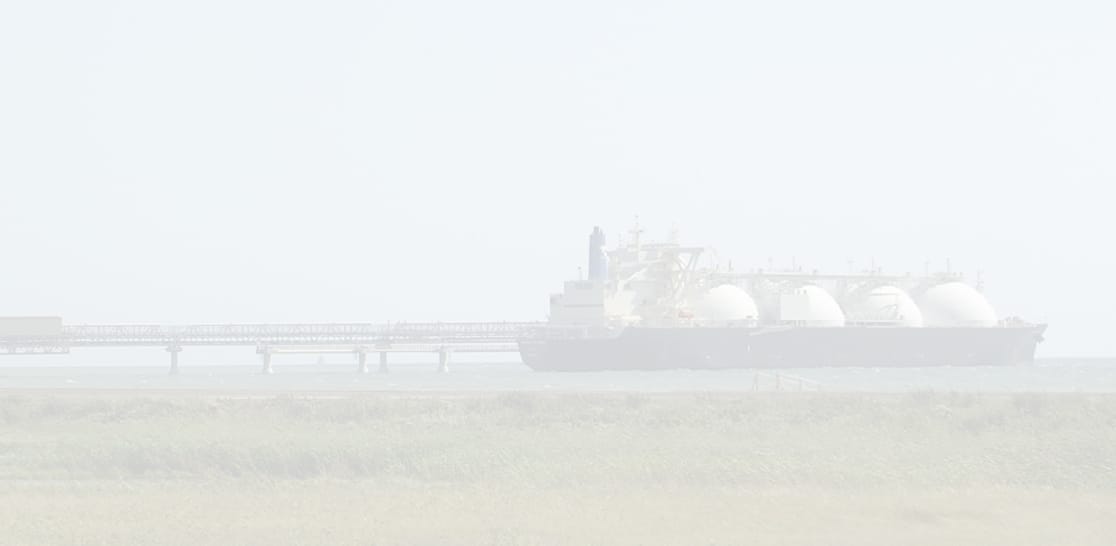
Overview
We are witnessing an unprecedented crisis in the world order that we have taken for granted as the pivotal precondition of sustainable development. Today’s world order derives from around the 1870s, when the globe was covered and dominated by the Western empires. All the negative consequences of their colonialism notwithstanding, they fostered and maintained liberal values and international infrastructure of democracy, human rights, multiculturalism, free trade, freedom of movement, and globalization. Recent years, however, have seen the traditional core of the West, American and British citizens in particular, speaking out against the very values and infrastructure that have underpinned their prosperity and predominance: the United States, the last standing Cold War superpower, has slumped into America First-ism and Great Britain existed from the European Union. Meanwhile, China, India, and other emerging economies are thriving, innovatively appropriating for their own purposes the very infrastructure that the Western powers have built. This dynamism with the core of the system withering and its peripheries stirring is very familiar to students of the Russian Empire and the Soviet Union: it was the discontent of the Russians as a core nation of empire that made their empire unsustainable. While many experts have regarded the year of 1991, namely the demise of the Soviet Union, as marking the end of the twentieth century, we are now witnessing the end of the long twentieth century.

Slavic Eurasia, a periphery in the long twentieth-century world order, has constantly interacted with the West and thereby has shaped the transformation of the order itself. Recent years have seen Russia become a decisive factor in the world’s dis/order with the annexation of the Crimea in 2014, the intervention in Syria in 2015 and the US presidential election in 2016, and the invasion of Ukraine in 2022. Central and Eastern European countries have ardently longed for their integration into Europe but simultaneously challenged the European Union’s coherence. Central Asian countries are artfully playing with hegemonic Russia, growing China, influential Europe and the US, as well as friendly Korea and Japan. While Japan has enjoyed economic prosperity based on the alliance with the West and the twentieth-century model of industrialization, should we continue on this paved path when the two prerequisites are no longer sustainable?
In April 2022, the Slavic-Eurasian Research Center (SRC) launched a five-year project that explores survival strategies in a changing world order with a view toward redefining its missions. As Japan’s national center for Slavic and Eurasian studies, SRC has observed tectonic changes in the political regime, economy, society, and culture of the Eurasian continent in general and Russia and its neighbors in particular. Predicated upon the experiences and lessons we have learnt from a vast variety of peoples in this land mass, we will attempt to understand and explain to a broader public the global crisis we are confronting. While the Japanese tend to see the US-China collision as their existential crisis, we must take seriously a profound crisis emanating from part of the world alien to the Japanese (and Western) perception. This project sets as a pillar of our exploration the entanglements of Russia and the Middle East. SRC has always incorporated Europe and Northeast Asia into its research agenda and has proved its presence and competence. Yet the Japanese scholarship has lacked the understanding of Russia and the Middle East interacting in a way that determines war and peace in our world. Our survival strategies research will fundamentally probe the meaning of Slavic and Eurasian studies on the global scale and articulate special contributions of the Japanese scholarship of Slavic Eurasia. We shall achieve these goals through the most energetic synergy with international scholars beyond borders and disciplines.
Survival Strategy Research Unit Head
・Norihiro Naganawa Professor, Slavic-Eurasian Research Center, Hokkaido University/Professor, Research Institute for Languages and Cultures of Asia and Africa, Tokyo University of Foreign Studies



